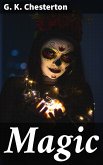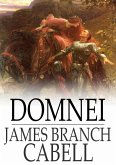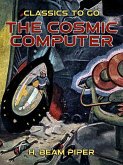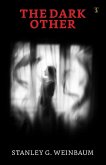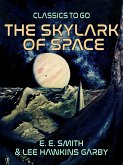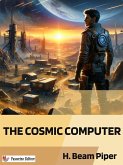In "The Lost Lemuria," William Scott-Elliot embarks on a captivating exploration of the legendary lost continent, Lemuria, weaving together elements of fantasy, esoteric history, and spiritual thought. Written in the late 19th century, the book is characterized by its immersive narrative style, rich descriptions, and a strong emphasis on the mystical aspects of ancient civilizations. Scott-Elliot presents a detailed account of Lemurian culture, tapping into the era's fascination with the occult and esoteric traditions, while also situating his work within the broader context of contemporary debates on the existence of lost continents and the intersection between science and spirituality. His blending of imaginative storytelling with quasi-historical elements invites readers into a world where myth and reality converge. William Scott-Elliot, an influential figure in the early Theosophical Society, drew upon his extensive background in spiritualism and metaphysical studies to craft this intriguing narrative. His experiences and beliefs significantly shaped the themes within the book, reflecting the broader intellectual currents of his time, including the exploration of alternative histories and the search for an ancient wisdom that could illuminate modern existence. "The Lost Lemuria" is highly recommended for readers intrigued by lost civilizations, spiritual philosophy, and the allure of ancient mythologies. Scott-Elliot's imaginative reconstructions and profound insights offer not only an enthralling journey but also stimulate thought-provoking discussions about the nature of existence and the profound mysteries of humanity's past.
Dieser Download kann aus rechtlichen Gründen nur mit Rechnungsadresse in A, B, BG, CY, CZ, D, DK, EW, E, FIN, F, GR, H, IRL, I, LT, L, LR, M, NL, PL, P, R, S, SLO, SK ausgeliefert werden.




